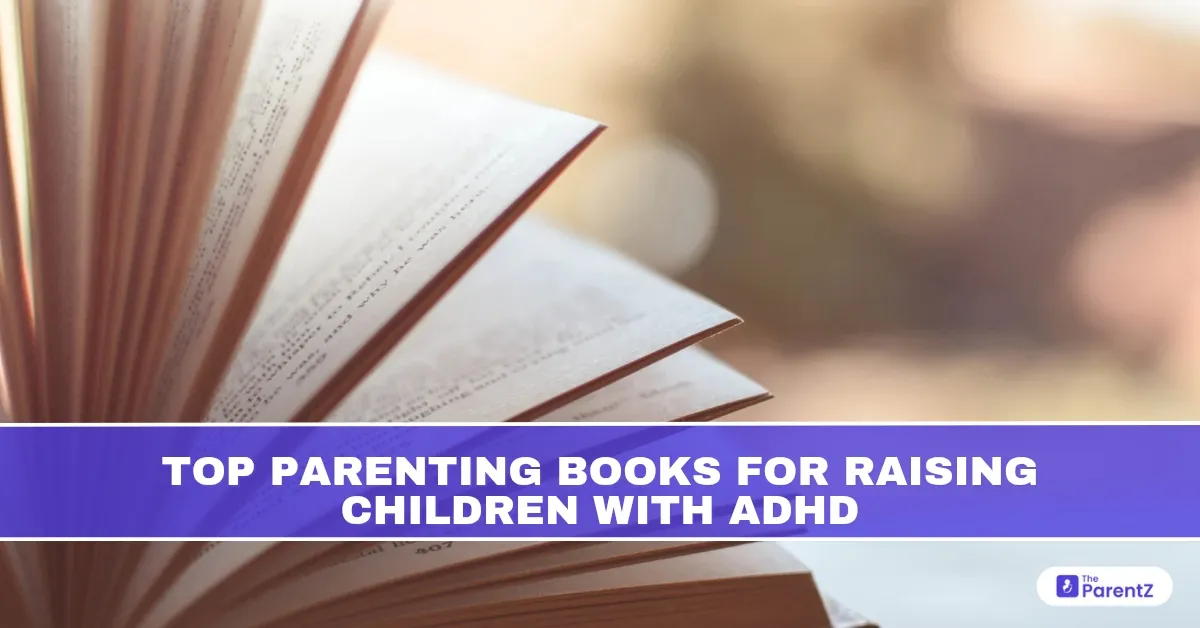In today’s fast-paced and demanding world, parenting comes with unique challenges. For families raising children with Attention-Deficit/Hyperactivity Disorder (ADHD), these challenges are often intensified by behavioural issues, emotional dysregulation, and academic struggles. While diagnosis and medical interventions are important aspects of care, education and awareness play an equally critical role in effective parenting.
Books authored by experts in child psychology, psychiatry, and developmental neuroscience provide valuable tools and frameworks for managing ADHD at home and in school. The following are widely recognised, evidence-based resources that offer practical strategies and emotional guidance to help caregivers better understand and support their children with ADHD.
The Explosive Child by Dr. Ross W. Greene
Summary:
Introduces the Collaborative & Proactive Solutions (CPS) model, which shifts the focus from punishment to problem-solving and skill-building.
Key Focus:
Frustration tolerance, flexibility, and reducing outbursts in children with behavioral challenges—commonly seen in those with ADHD.
Driven to Distraction by Dr. Edward M. Hallowell and Dr. John J. Ratey
Summary:
A foundational book on ADHD that explains the neurological basis of the condition and outlines real-life management techniques.
Key Focus:
Comprehensive understanding of ADHD in both children and adults, combining clinical insights with case studies.
Smart but Scattered by Dr. Peg Dawson and Dr. Richard Guare
Summary:
Focuses on developing executive functioning skills such as planning, organization, and emotional control.
Key Focus:
Building essential life skills in children with ADHD through targeted interventions and home-based strategies.
Superparenting for ADD by Dr. Edward M. Hallowell
Summary:
Offers a strength-based approach to parenting children with ADHD, focusing on nurturing creativity, self-esteem, and resilience.
Key Focus:
Shifting the narrative from limitations to potential, encouraging positive reinforcement and emotional connection.
Parenting Children with ADHD by Dr. Vincent J. Monastra
Summary:
Presents a holistic approach to managing ADHD, integrating behavioral interventions, lifestyle adjustments, and school involvement.
Key Focus:
Multimodal management strategies beyond medication, including nutrition, sleep hygiene, and consistent structure.
Taking Charge of ADHD by Dr. Russell Barkley
Summary:
Offers a detailed and structured plan for managing ADHD symptoms at home and school, based on decades of research.
Key Focus:
Behavior modification, academic support, and long-term management strategies grounded in clinical evidence.
What Your ADHD Child Wishes You Knew by Dr. Sharon Saline
Summary:
Brings the child’s perspective into focus by highlighting common emotional and social challenges they face.
Key Focus:
Improving parent-child communication and fostering empathy to strengthen relationships and improve outcomes.
The Whole-Brain Child by Dr. Daniel J. Siegel and Dr. Tina Payne Bryson
Summary:
Explains the science of brain development and provides tools to support emotional regulation and behavioral growth.
Key Focus:
Techniques to nurture the developing brain, especially helpful for children with emotional impulsivity and mood swings associated with ADHD.
Conclusion
Raising a child with ADHD requires informed, compassionate, and adaptive parenting. The books listed above provide structured guidance and actionable strategies to support a child’s growth, behavior, and emotional well-being. Whether used independently or in conjunction with professional care, these resources can help families create a more supportive and manageable environment for their children.






Be the first one to comment on this story.